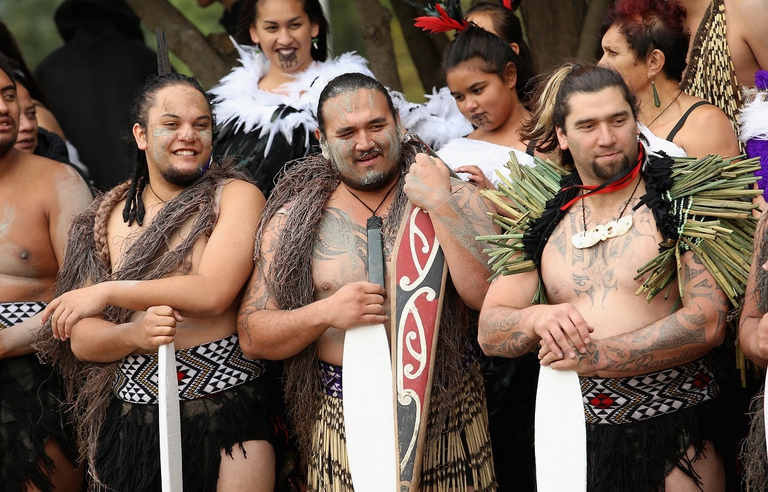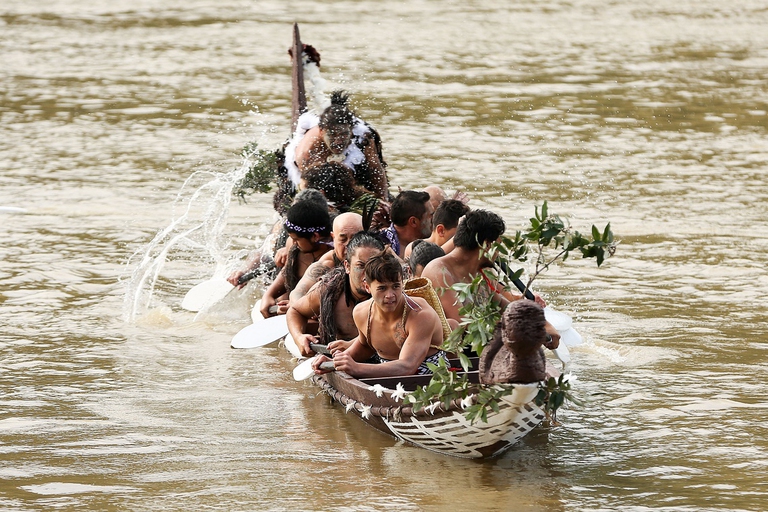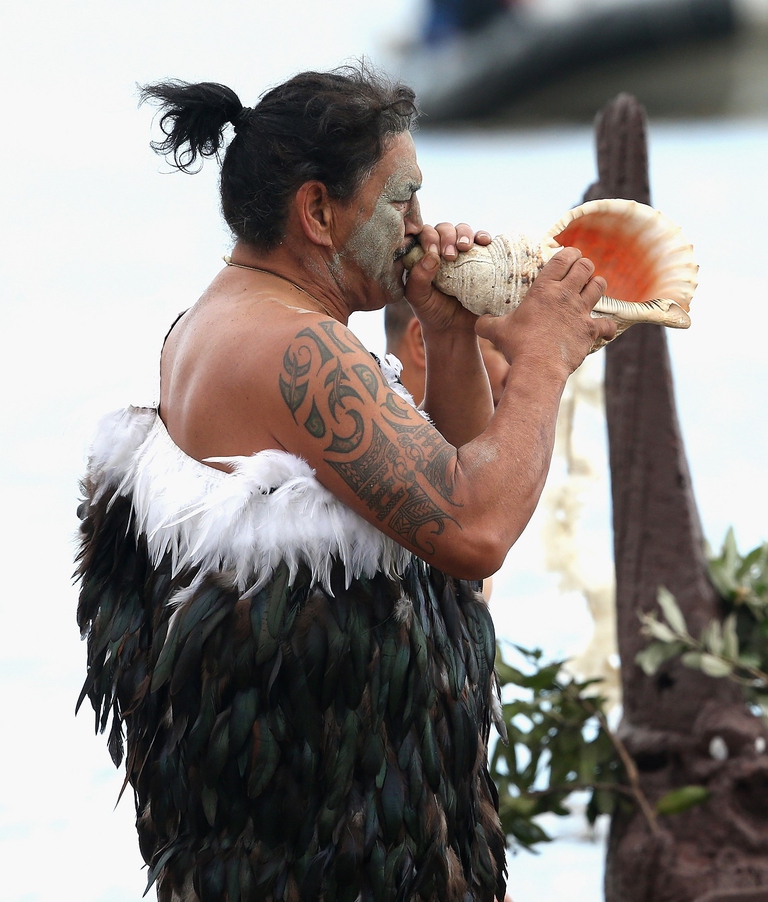
A special report from the Yuqui territory delves deep into the dreams, challenges, joys and sadness of one of Bolivia’s most vulnerable indigenous groups.
Il fiume Whanganui, ritenuto sacro dai Maori, ottiene dopo una lunghissima battaglia legale personalità giuridica.
A Maori legend has it that the Whanganui River in the North Island, New Zealand, was formed when Mount Taranaki, after fighting against Mount Tongariro over Mount Pihanga, retreated to the sea leaving the central plateau for the coast and carving the land. So, Mount Tongariro filled the rift with fresh water, giving life to the Whanganui River. Whanganui River means a lot to Maori people: they consider it sacred and identify themselves in it as it was one of the main settlements of the Whanganui Iwi tribe. The Maori consider themselves part of the universe, equal to mountains, rivers and seas. They thus see their river in the same way as a living being.
From now on, the river will be considered a living entity under New Zealand’s legislation. In fact, an unprecedented verdict granted the Whanganui River legal personality, which means it will have the same legal rights as a human being. The legal battle that allowed achieving such result was the country’s longest as it started more than 140 years ago. The river will be now protected in court by two representatives, one chosen by the Whanganui Iwi tribe and the other nominated by the government.
The recognition came on 15 March thanks to an improvement of the Waitangi treaty, first signed in 1840 by a representative of the British Crown and the representatives of Maori tribes of the North Island. Hundreds of tribal representatives wept with joy “because we consider the river an ancestor and always have,” said Gerrard Albert, the lead negotiator for the Whanganui Iwi tribe. “We have fought to find an approximation in law so that all others can understand that from our perspective treating the river as a living entity is the correct way to approach it, as in indivisible whole.”
The fact that the river has been granted legal personality means that all damages made to the river will be treated equal to any damages to the Whanganui Iwi tribe. “This legislation recognises the deep spiritual connection between the Whanganui Iwi and its ancestral river and creates a strong platform for the future of Whanganui River,” said Attorney-General Christopher Finlayson.
Siamo anche su WhatsApp. Segui il canale ufficiale LifeGate per restare aggiornata, aggiornato sulle ultime notizie e sulle nostre attività.
![]()
Quest'opera è distribuita con Licenza Creative Commons Attribuzione - Non commerciale - Non opere derivate 4.0 Internazionale.
A special report from the Yuqui territory delves deep into the dreams, challenges, joys and sadness of one of Bolivia’s most vulnerable indigenous groups.
The Yuqui people of the Bolivian Amazon fight not only to survive in the face of settlers, logging and Covid-19, but to preserve their culture and identity.
Jair Bolsonaro is accused of crimes against humanity for persecuting indigenous Brazilians and destroying the Amazon. We speak to William Bourdon and Charly Salkazanov, the lawyers bringing the case before the ICC.
Activists hail the decision not to hold the 2023 World Anthropology Congress at a controversial Indian school for tribal children as originally planned.
Autumn Peltier is a water defender who began her fight for indigenous Canadians’ right to clean drinking water when she was only eight years old.
The pandemic threatens some of the world’s most endangered indigenous peoples, such as the Great Andamanese of the Andaman and Nicobar Islands in India.
The Upopoy National Ainu Museum has finally opened. With it the indigenous people of Hokkaido are gaining recognition but not access to fundamental rights.
A video shows the violent arrest of indigenous Chief Allan Adam, who was beaten by two Royal Canadian Mounted Police (RCMP) officers.









